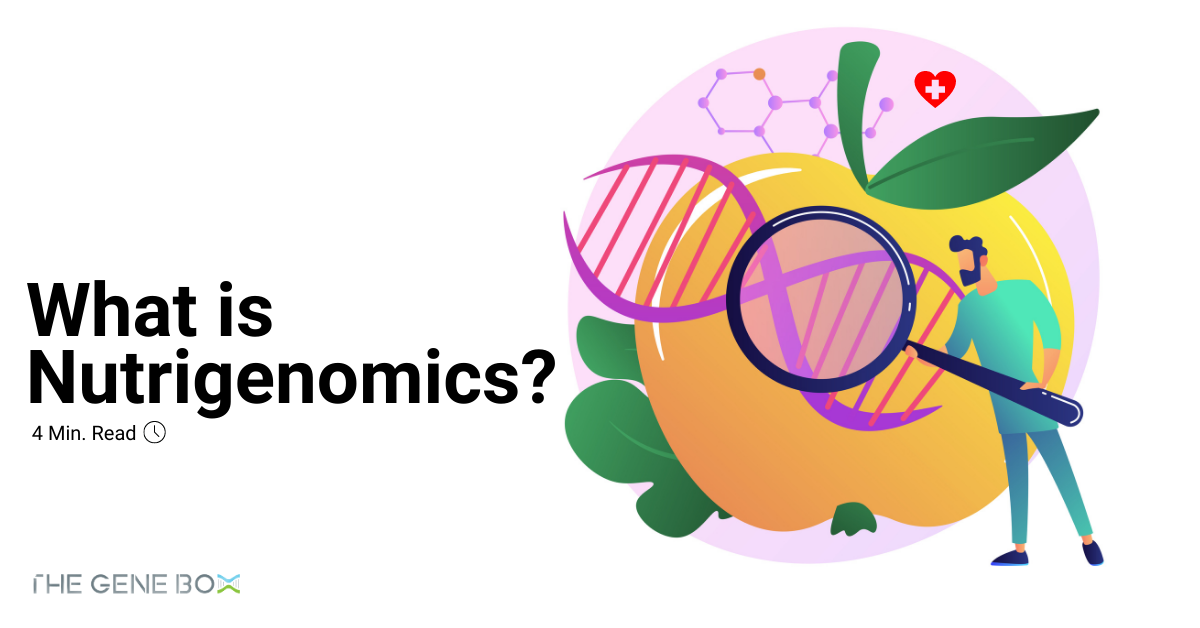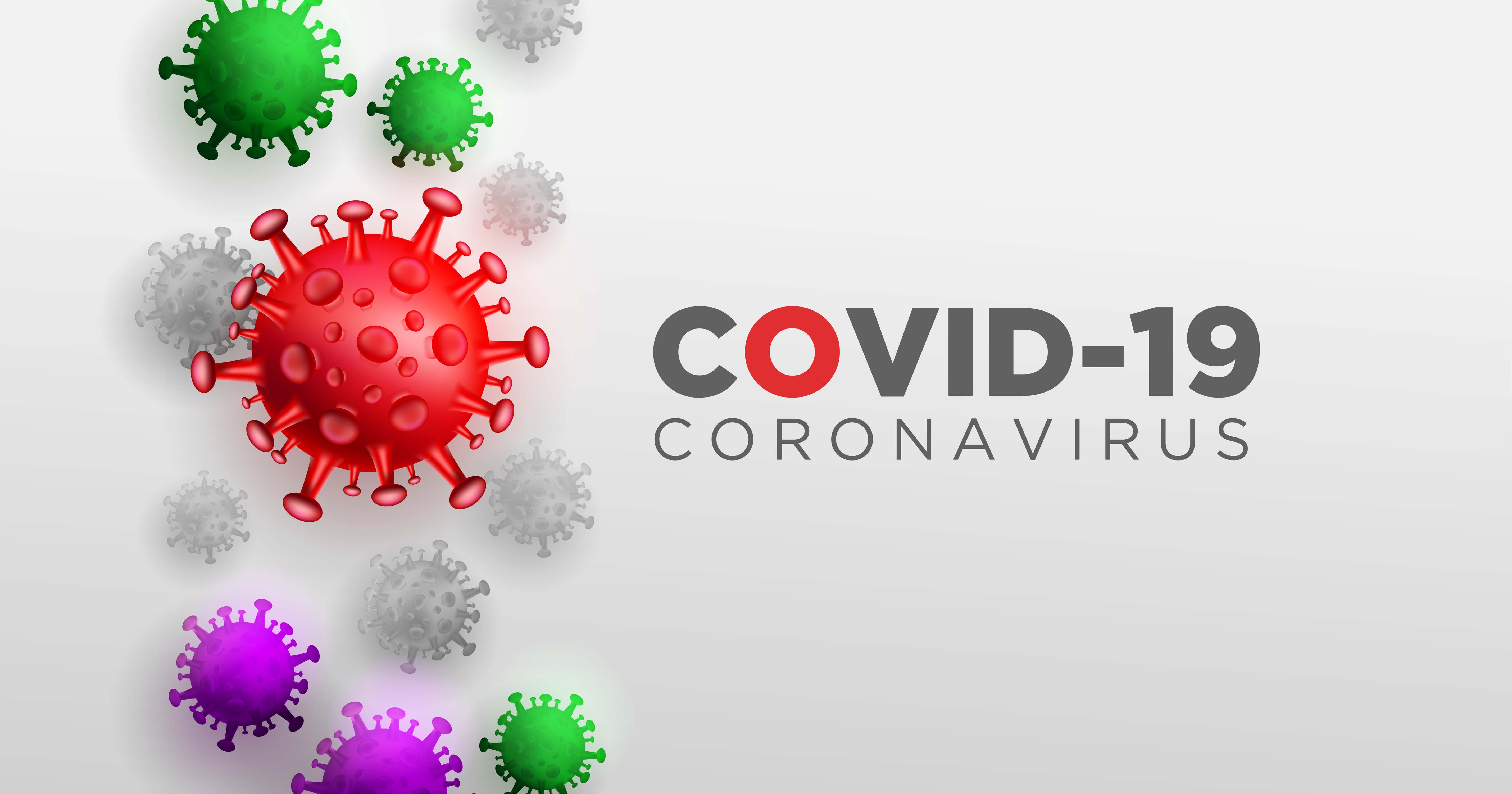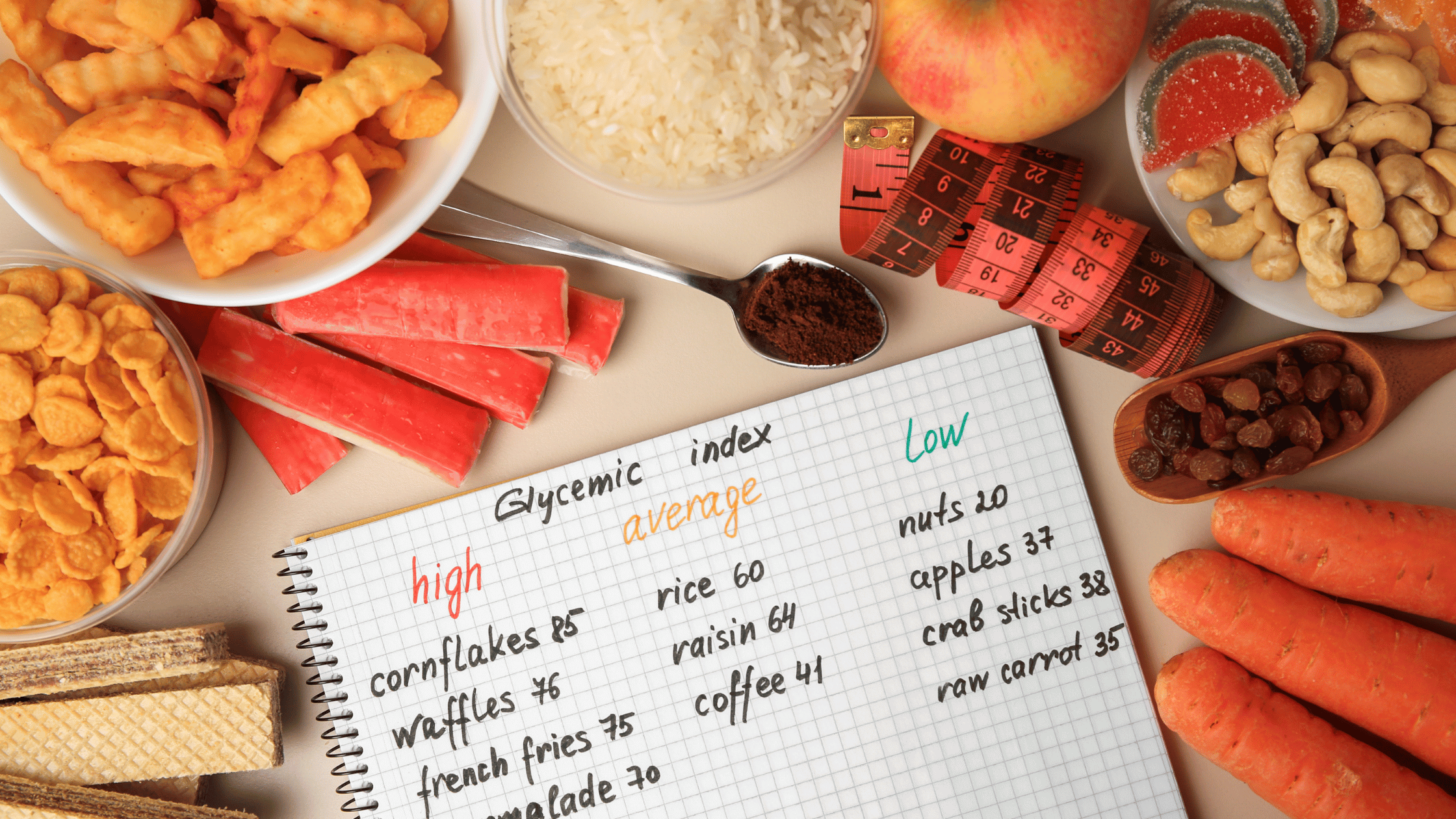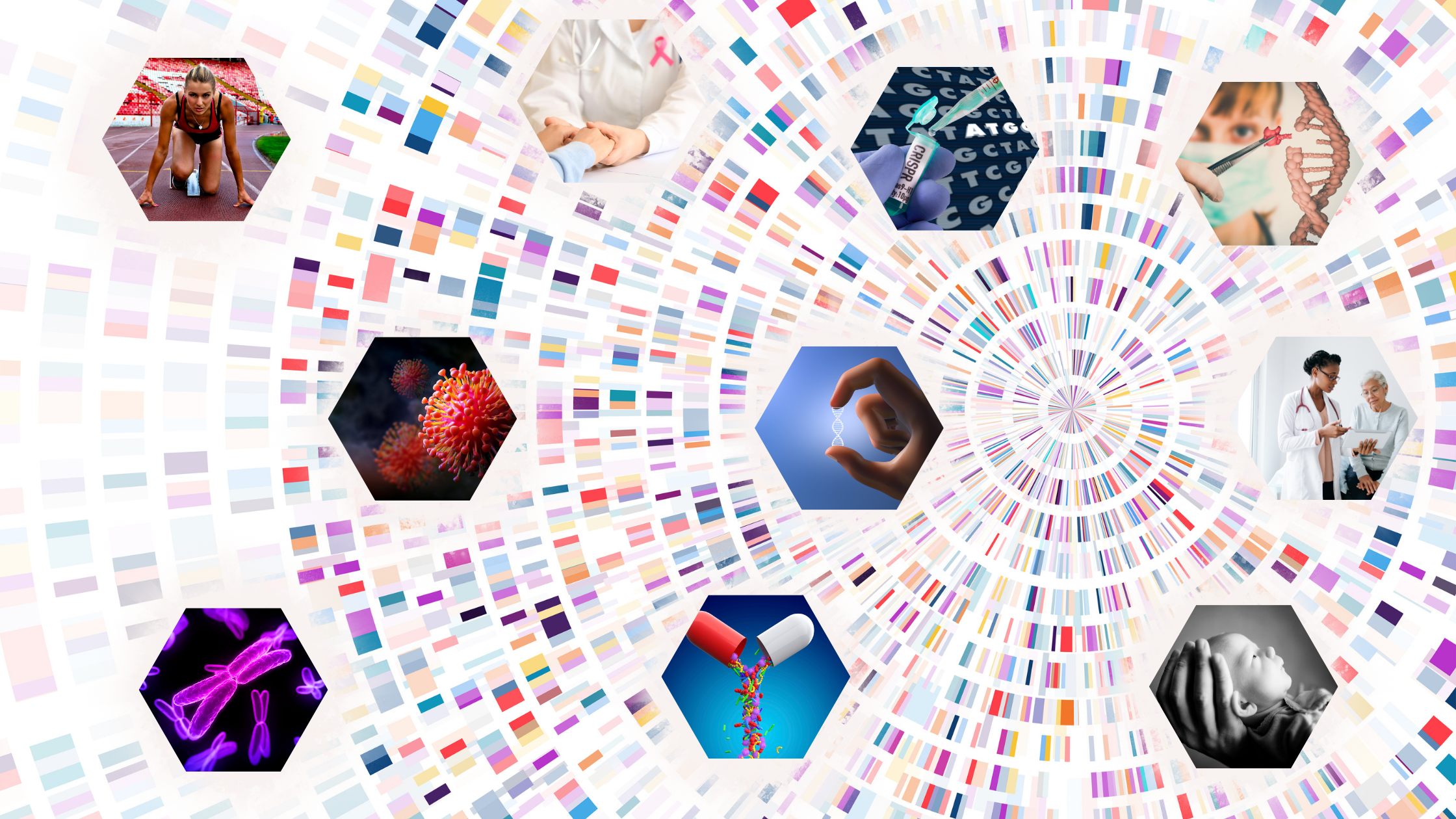Synergistic Benefits: Intermittent Fasting and Genetic Testing

Intermittent fasting (IF) and genetic testing have gained significant attention in the realm of health and wellness (Patterson & Sears, 2017; Antoni et al., 2018). Intermittent fasting involves cycling between periods of fasting and eating, while genetic testing provides insights into an individual's unique genetic makeup (Patterson & Sears, 2017). When combined, these approaches have the potential to enhance each other, enabling personalised health optimization (Patterson & Sears, 2017). In this blog, we delve into the scientific aspects of how intermittent fasting and genetic testing can synergistically improve well-being.
Intermittent Fasting: A Brief Overview
Intermittent fasting encompasses several methods, including the 16/8 method and alternate-day fasting (Patterson & Sears, 2017; Antoni et al., 2018). This dietary pattern has shown promise in various health benefits, such as weight loss, improved metabolic health, enhanced cognitive function, and increased lifespan (Patterson & Sears, 2017). The mechanisms behind these effects include cellular and metabolic adaptations, improved insulin sensitivity, and autophagy induction (Patterson & Sears, 2017).
Genetic Testing: Unlocking Personalised Insights
Genetic testing analyses an individual's DNA to identify genetic variations (SNPs) that influence metabolic pathways, nutrient processing, and responses to lifestyle factors (Patterson & Sears, 2017). This testing offers personalised information on genetic predispositions, allowing individuals to make informed decisions about their dietary and lifestyle choices (Patterson & Sears, 2017).
How Intermittent Fasting and Genetic Testing Complement Each Other
1. Tailoring Intermittent Fasting Protocols: Genetic testing can reveal specific genetic markers associated with metabolism, appetite regulation, and insulin sensitivity (Patterson & Sears, 2017). Customising intermittent fasting protocols based on genetic profiles may optimise outcomes (Patterson & Sears, 2017). For example, individuals with the FTO gene variant linked to slower metabolism may benefit from longer fasting windows or alternate-day fasting to enhance weight management (Patterson & Sears, 2017).
2. Identifying Optimal Nutrient Requirements: Genetic testing can uncover how individuals metabolise and respond to specific nutrients, such as carbohydrates, fats, and caffeine (Patterson & Sears, 2017). Understanding these genetic predispositions enables the customization of macronutrient ratios during the eating window of intermittent fasting (Patterson & Sears, 2017). For instance, individuals with a higher genetic risk for insulin resistance may benefit from lower carbohydrate intake during their feeding period (Patterson & Sears, 2017).
3. Uncovering Health Risks: Genetic testing can identify genetic variants associated with increased risks of conditions such as type 2 diabetes, cardiovascular disease, or obesity (Patterson & Sears, 2017). Intermittent fasting has shown promise in mitigating these risks (Patterson & Sears, 2017). Armed with genetic information, individuals can implement intermittent fasting as a preventive or therapeutic measure tailored to their genetic vulnerabilities (Patterson & Sears, 2017).
4. Monitoring Progress and Adaptation: Genetic testing can monitor changes in genetic markers over time to assess the effectiveness of intermittent fasting (Patterson & Sears, 2017). By analysing these genetic responses, individuals can make informed adjustments to their fasting routines and optimise their results (Patterson & Sears, 2017). For instance, monitoring changes in genes related to lipid metabolism can help fine-tune dietary fat intake during the eating window (Patterson & Sears, 2017).
Tips for Optimising Intermittent Fasting Results
1. Consult a health coach: Consulting a healthcare professional is an essential step before embarking on any intermittent fasting regimen or undergoing genetic testing. Healthcare professionals, such as doctors, registered dietitians, or genetic counsellors, have the expertise to provide personalised guidance and ensure your safety and well-being throughout the process. (Patterson & Sears, 2017).
2. Combine Intermittent Fasting with Balanced Nutrition: While intermittent fasting provides flexibility in when to eat, it's important to prioritise balanced nutrition during the feeding periods (Patterson & Sears, 2017). Focus on whole, nutrient-dense foods, including lean proteins, healthy fats, complex carbohydrates, and plenty of fruits and vegetables.
3. Stay Hydrated: Adequate hydration is essential during fasting periods (Patterson & Sears, 2017). Consume water, herbal teas, and other non-caloric beverages to stay hydrated and support overall health.
4. Listen to Your Body: Pay attention to hunger and satiety cues (Patterson & Sears, 2017). Adjust your fasting and eating windows based on your energy levels, hunger patterns, and personal preferences.
The combination of intermittent fasting and genetic testing offers a promising avenue for personalised health optimization (Patterson & Sears, 2017). Genetic testing provides valuable insights into an individual's unique genetic makeup, enabling the customization of intermittent fasting protocols to suit specific genetic predispositions (Patterson & Sears, 2017). By tailoring fasting routines and nutrient intake, individuals can optimise weight management, improve metabolic health, and reduce the risk of certain diseases (Patterson & Sears, 2017). As research in these fields progresses, the integration of intermittent fasting and genetic testing will likely yield even more refined approaches to personalised well-being.
References:
Antoni R, Johnston KL, Collins AL, et al. (2018). Intermittent fasting: Is the wait worth the weight? Curr Obes Rep, 7(2), 172-185
Patterson RE, Sears DD. (2017). Metabolic Effects of Intermittent Fasting. Annu Rev Nutr, 37, 371-393.

The Gene Box











.png)



















































